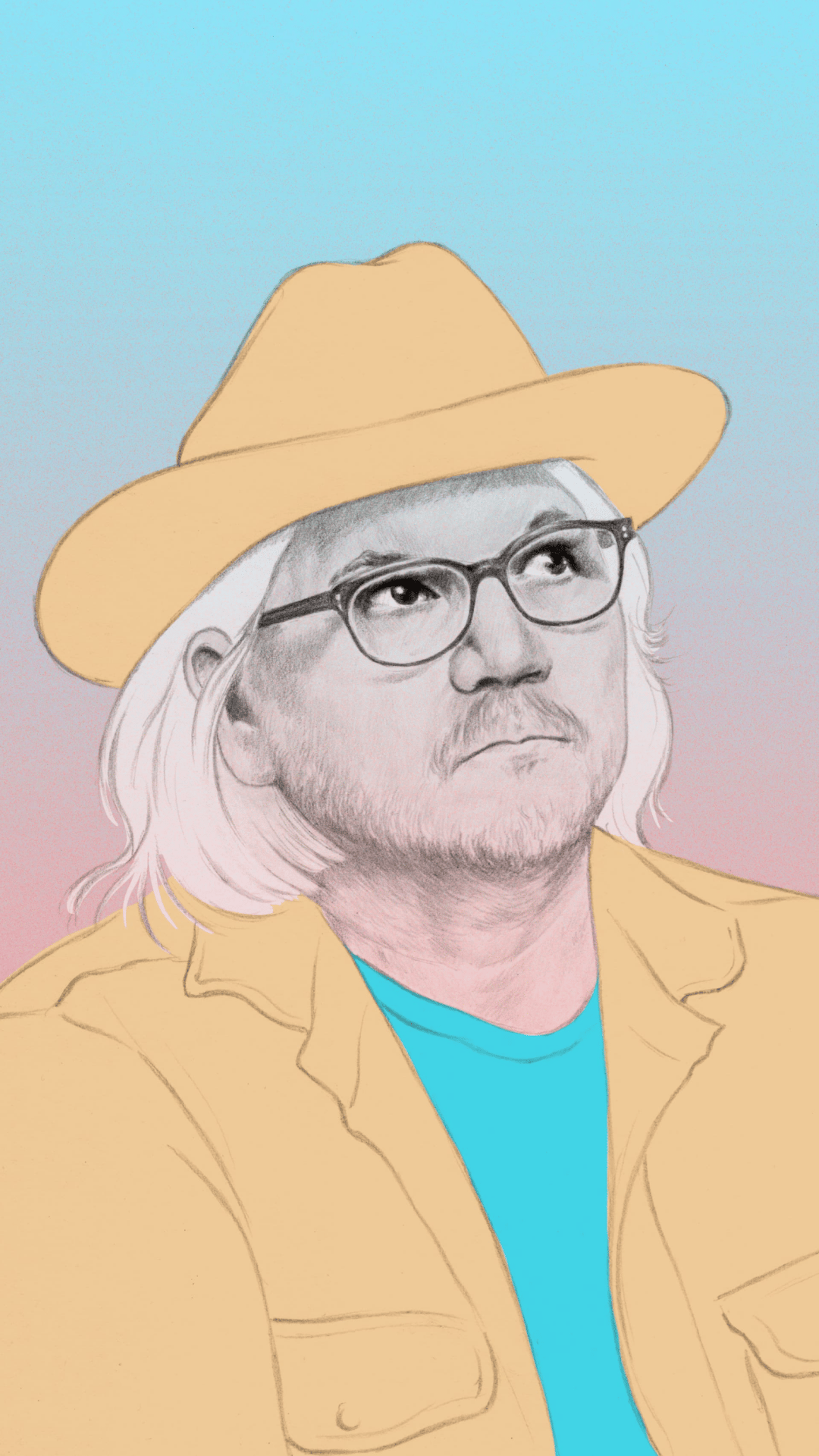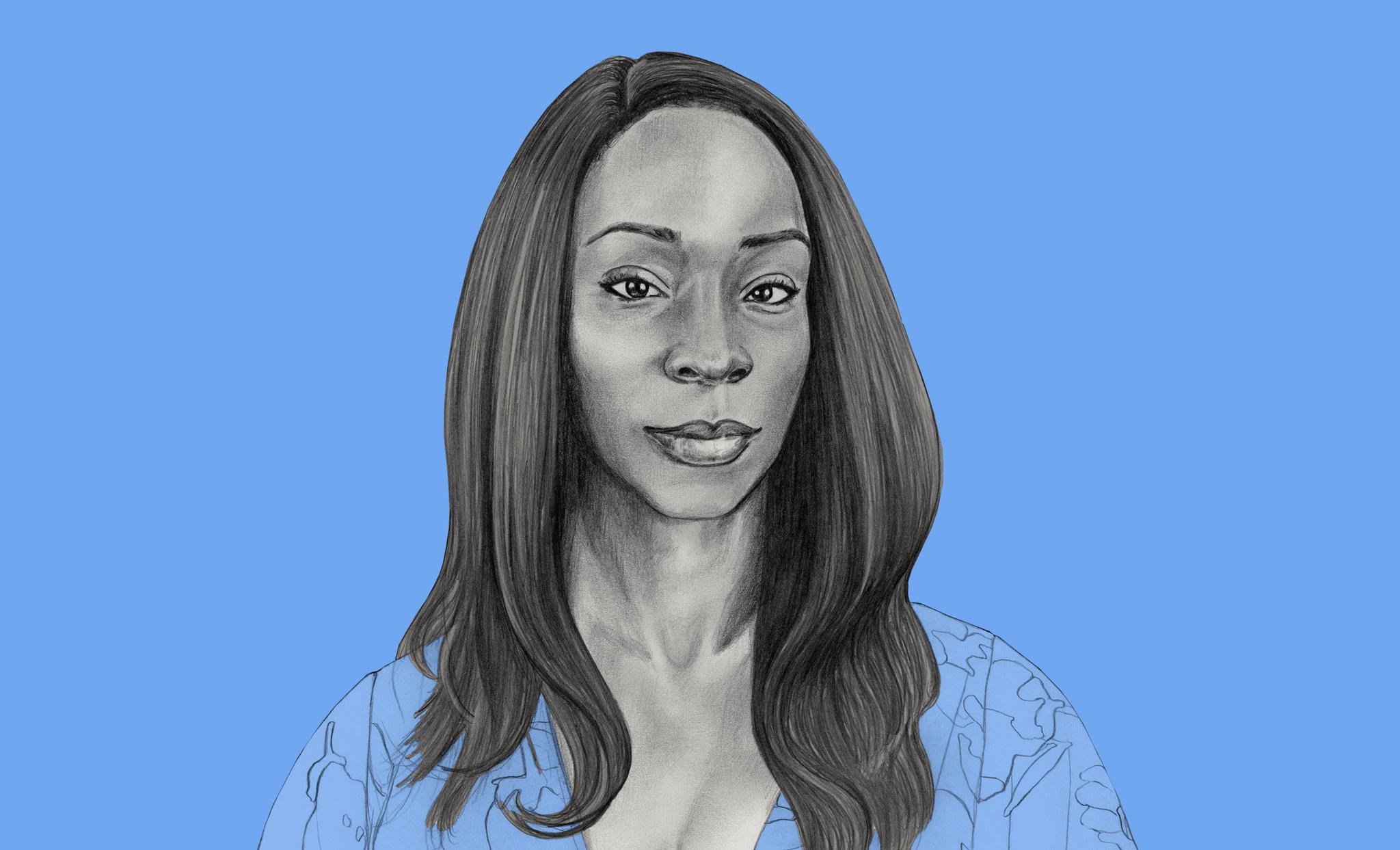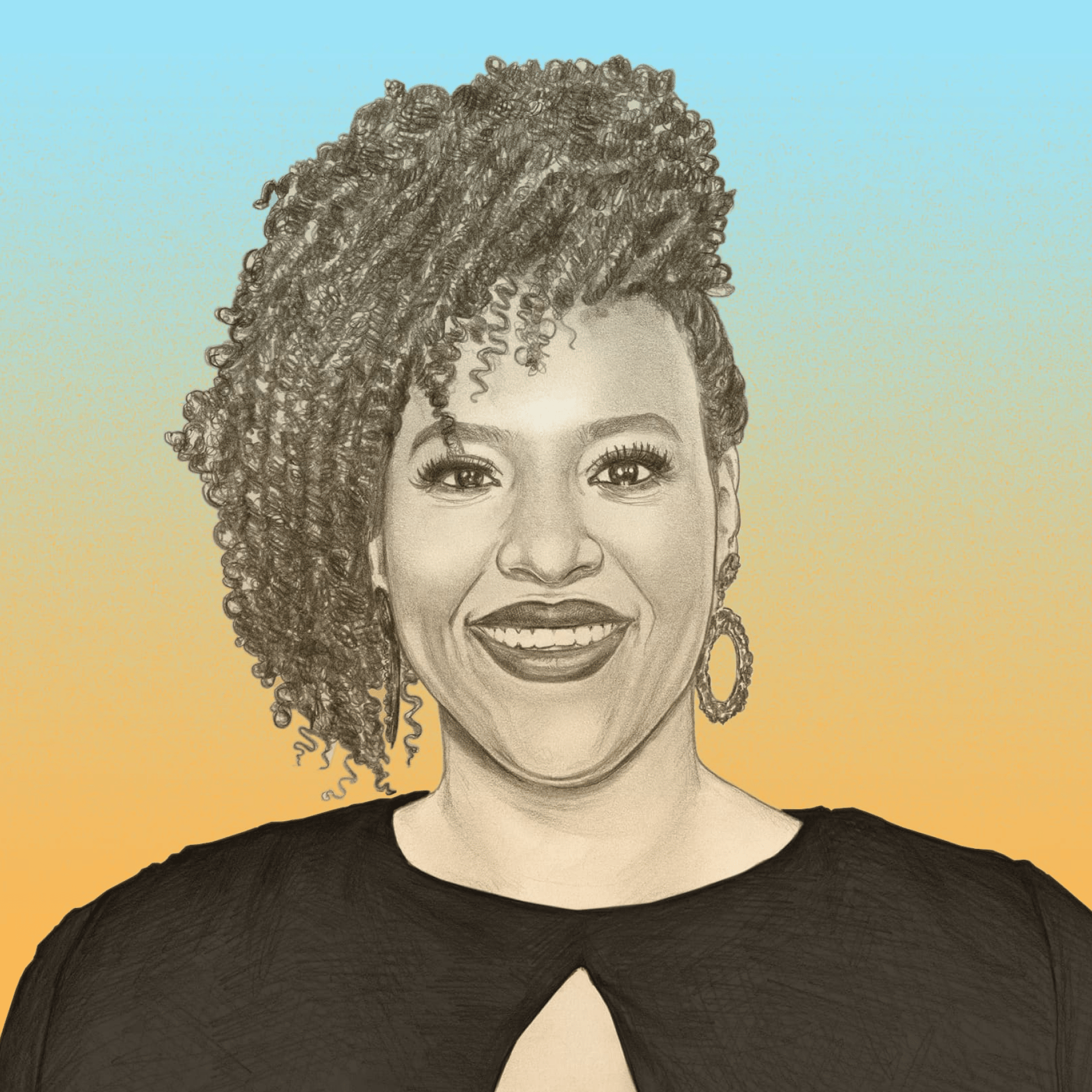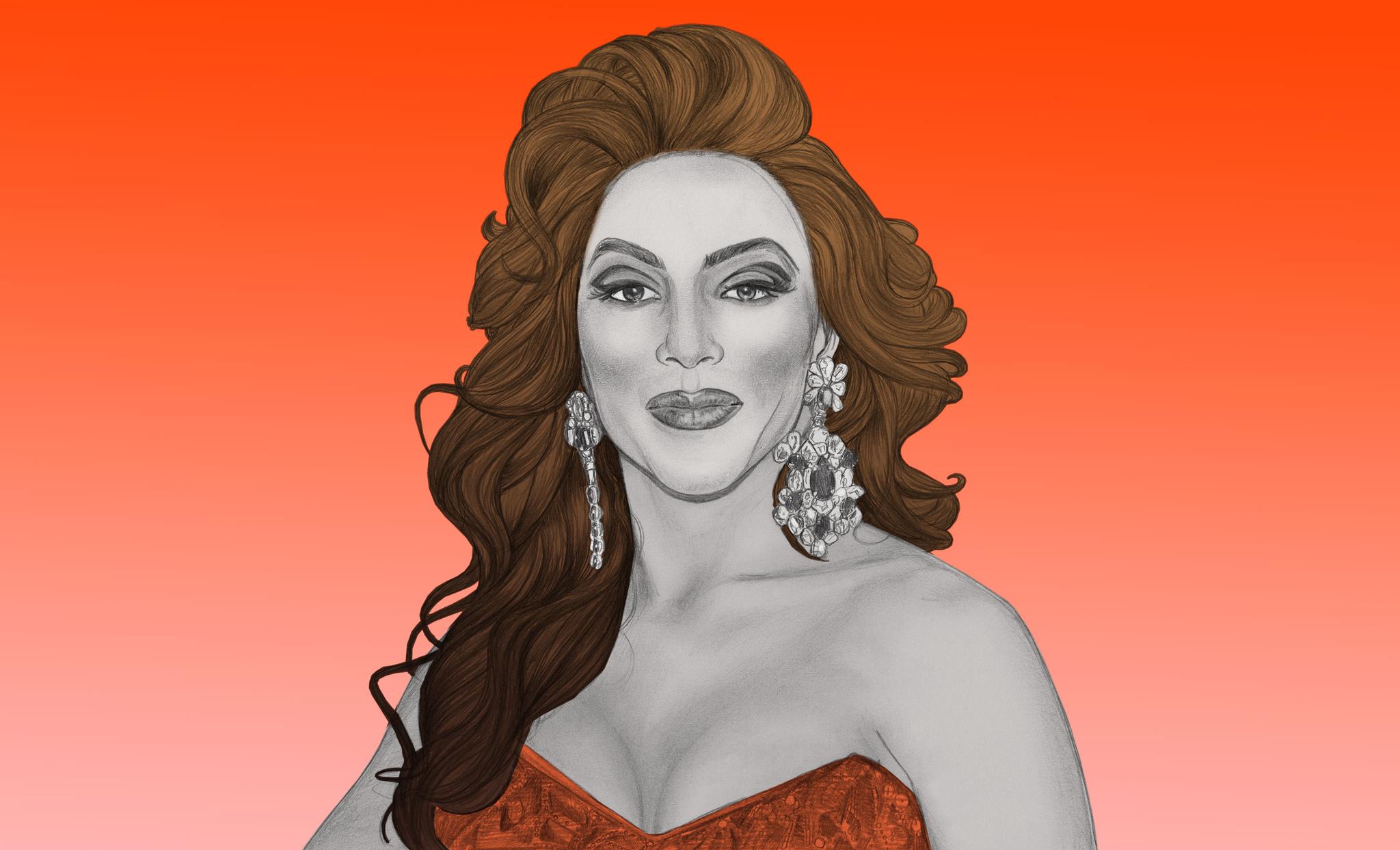
Money Diaries
Jeff Tweedy Was Smart About Money So He Didn’t Have to Think About It
The Wilco frontman talks about safeguarding his creative process, his allergy to debt, and why he always rejected big record advances.
Wealthsimple makes powerful financial tools to help you grow and manage your money. Learn more
Wealthsimple: What was the impetus for launching your new newsletter, Starship Casual? I assume it’s a good bit of work to put out every day.
Tweedy: The impetus came from my friend George Saunders — we were talking, and he mentioned that he was interested in newsletters. And, once I looked into it, I realized that newsletters are, in a way, an old style of communication. You can embed a video or a song in an email. But, beyond that, they’re just like physical newsletters. And that felt more my speed than the outrage economy of social media. But, for a lot of people, social media is the only way they can get attention, which makes it a really frustrating place to participate in a conversation.
So you have a newsletter now. You release an album every year or two. You write books. You tour. I’m sure these things are all fun, but, given the economics of the music business, is all this stuff what it takes to have a successful music career these days?
Well, I don’t really know. There are a lot of ways to have a successful music career. I mean, the most ideal way is to be just really, really wildly successful with your records and concert tickets. We’re not far from that, but we’re certainly not at a level where it’s, like, you put out records and tour and you’re set for life. Some artists do have such massive stardom that even one record will sustain them for a long time, maybe their entire lives. But that’s an anomalous way to have a music career.
I don’t really look at it like I have just a music career, though. I feel like I’ve got a bunch of different avenues for communicating with an audience that has grown up around things I’ve made in the bands I’ve been in. I try to honour and respect that, and maintain that connection in a way that feels honest.
What’s the most lucrative thing? Touring?
It’s hard to say. We just had a year and a half with no touring, and we were able to keep everything going. We actually have what you would call a diversified income portfolio. I have a record label; I have a lot of songs that make money through sync licenses. I have a lot of records still in print. I have a couple of books. We have merch and all kinds of different things that keep a steady trickle of money coming into the organization. And it all stays afloat somehow. I don’t know if I could have set out to do all this stuff when I was young, but now that we’ve built it, it’s probably for the best, because if one thing is taken away, it isn’t disastrous at this point.

Sign up for our weekly non-boring newsletter about money, markets, and more.
By providing your email, you are consenting to receive communications from Wealthsimple Media Inc. Visit our Privacy Policy for more info, or contact us at privacy@wealthsimple.com or 80 Spadina Ave., Toronto, ON.
Sure. Being diversified makes a lot of sense.
Well, the other thing is the band, and me personally, have had a policy of just being allergic to carrying debt. I’ve been that way my whole life. I just hate it. So we’ve never lived outside of our means, either privately or with the band itself, by taking huge record advances that we can never pay back. The record contracts that we signed early on were never built around a lot of money upfront; they were built around things that we wanted, like reversions, so we would regain control of our master tapes. Which is the way it worked out. A lot of music that came out on major labels initially now belongs to us, and we can either license those songs or put them out on our own label. That’s given us a lot of freedom.
Your allergy to debt, where did that come from?
I think it’s just an anxiety disorder. Debt has always been the one thing that makes me the most nervous, because, without it, I’m somewhat inoculated against making decisions based on short-term financial gain, and that helps keep my creative spirit alive.
Your dad worked on the railroad, right? Did he teach you anything about budgeting or finances?
No, there weren’t a lot of life skills imparted. I’m the baby of the family by about 10 years, and my mom would have been happy if I had never grown up. So there weren’t a lot of fiscal-responsibility lectures in my household. But the one thing that was ingrained deeply in me was work ethic — that work isn’t a terrible thing and you can enjoy it. And, having a solidly lower-middle-class upbringing, I didn’t aspire to have that much. I felt pretty good about having what we had.
My main responsibility, as a person who makes things and aspires to make art, is to protect my ability to be inspired and to allow myself the freedom to be creative.
Recommended for you

Roxane Gay on Financial Independence: 'The Most Important Thing a Woman Can Do for Herself'
Money Diaries

The World Wouldn't Make a Place for Angelica Ross. So She Made One for Herself
Money Diaries

Natasha Rothwell's Character in “The White Lotus” Finds an Angel Investor. Her Real Life Didn't Quite Work That Way.
Money Diaries

Shangela Would Like to Remind You to Tip Your Drag Queen
Money Diaries
When you signed your first record deal, with what became Rockville Records, were you like, OK, now I get to be a musician forever, or did part of you think you’d play music for a while and then figure out something else?
I was pretty committed to the idea that I was going to do music, or something around music, my whole life. When Uncle Tupelo signed that record deal, our main thought was that we were going to get in a van and tour, like all our favourite bands that we would go see, which just looked like the funnest way to be alive. Once we were able to do that, everything past that point in my life has been beyond my initial dream.
When you think back on your Uncle Tupelo days, what’s something you wish you would’ve known concerning the music side of the business?
Well, the idea that, just because an independent label is small, it isn’t necessarily any more ethical than a major label. That was a mistaken belief a lot of people shared back then — that you were somehow sidestepping The Man by putting records out on a limited scale, when a lot of those people were no more trustworthy than the powers that be.
Getting back to all your projects — what’s something you’ve learned recently about managing everything, particularly in terms of the economics?
I don’t know if I think about it in terms of managing the economics. My main responsibility, as a person who makes things and aspires to make art, is to protect my ability to be inspired and to allow myself the freedom to be creative and to spend time with my imagination. And that’s a job that requires conscious thought. I’ve developed habits that I think foster a relationship with that side of myself: I listen to a lot of other people’s music, read a lot of books, stay engaged with the side of myself that’s a fan. That’s the stuff I’m primarily preoccupied with. As far as the finances of my own economy, my own mental economy, I try not to bite off more than I can chew, but I like being challenged at the same time.
OK, one more dumb money question. What’s the most fun, least lucrative part of your job?
Oh, I really don’t know. A lot of it can be very, very not lucrative. Most of it isn’t lucrative, to be honest. I come to the studio every day and I make stuff. And there are a lot of days when I get stuff done, but it still feels very frivolous.
I’m writing a book, and I feel similarly. Sometimes I think, What did I even do today? It’s hard to see how I moved the ball forward sometimes.
As I’ve gotten older, I’ve learned to give myself the benefit of the doubt that somehow I always do move the ball forward. And I trust that whatever I’m doing is being worked on subconsciously even when it’s not top-of-mind. And I think that’s a by-product of having discipline and habits and training your mind to work even when you’re not paying full attention.
Sure. So what’s discipline look like for you? Is it just showing up every day and doing the work?
Yeah, that’s right. Just writing every day, showing up to the studio every day, picking up a guitar every day, picking up a pencil every day. That’s the biggest problem most people have — just getting started. Once you get going, everything is generally kind of OK.
Interview edited for clarity and length.
Jared Sullivan is an editor for Wealthsimple Magazine and author of the book "Valley So Low: One Lawyer's Fight for Justice in the Wake of America's Great Coal Catastrophe".





